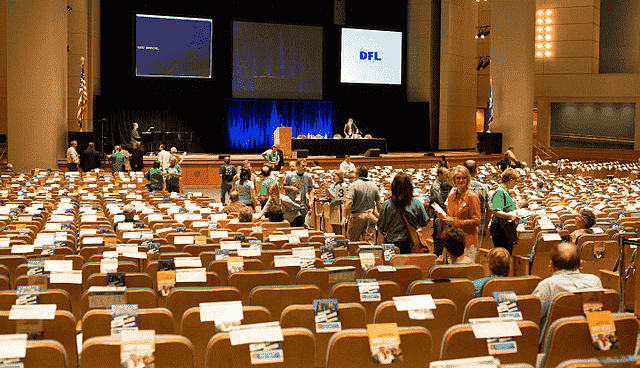
Minnesota Democrats are drafting a two-year budget with record spending and new taxes to fund new services and initiatives.
The Democratic-Farmer-Labor Party, which controls state government under Gov. Tim Walz, claims that their budget plan is progressive and reminiscent of the 50-year-old “Minnesota Miracle.” DFLers claim that their tax refunds and credits will cut child poverty by 25% and offer new monies to help struggling residents and assure a successful future.
Family and Medical Leave, Infrastructure, and Funding
The plan would cost $668 million and expand the state’s health care program and include a paid family and medical leave benefit.
Plans include $240 million to repair lead waterlines, $500 million to match federal infrastructure initiatives, and indexing school funding to inflation.
After Congress approves a budget, the real work begins. 29 Senate and 20 House committees must approve most of the $17.9 billion.
Democratic leaders claimed that introducing the blueprint early in the legislative session gave them more time to discuss the budget’s details than usual.
Read more: Social Security Expansion Act: How It Could Increase Benefits By $2,400 Per Year

Republican Party Opposition
Republicans in Minnesota disagree with the majority of Democratic policies but have little power to change things because they are a minority in the state legislature.
They have advocated for a larger share of the $17.5 billion budget surplus to be distributed to residents in the form of refunds and permanent rate reductions.
They have also advocated for minimal new state spending on areas like as education, public safety, and infrastructure maintenance.
In the Minnesota House and Senate, the DFL’s agreed-upon expenditure targets are spread among the jurisdictions of dozens of committees. The process of passing the respective houses’ spending measures began in early April.
Read more: New laws in conservative states contribute to a rise in books ban in US schools

